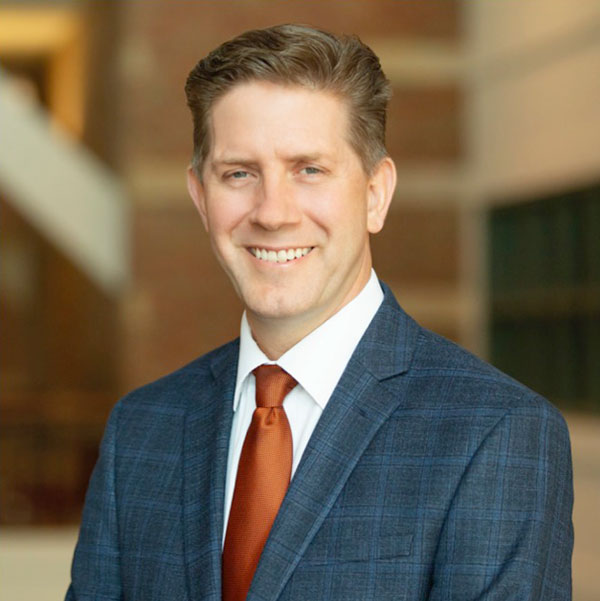Innovations in biomedical imaging have historically led to discoveries in the life sciences and new detection and diagnostic technologies in medicine and surgery.
Label-free intravital optical imaging and imaging of fresh, unstained, resected tissue specimens offer a wealth of new biomarkers for revealing the true colors of cancer and diagnosing disease.

Using new supercontinuum optical source technology and nonlinear optics to generate new excitation wavelengths and manipulate the light stimulus in new ways, single-shot Simultaneous Label-free Auto-fluorescence Multi-harmonic (SLAM) microscopy can achieve fast simultaneous visualization of the rich intrinsic molecular and metabolic features within tissues. Quantitative machine/deep learning analyses of these multi-dimensional datasets can be used to identify selective biomarkers for cancer.
Stephen Boppart is the Grainger Distinguished Chair in Engineering at the University of Illinois at Urbana-Champaign. His Biophotonics Imaging Laboratory is focused on developing novel optical biomedical diagnostic and imaging technologies and translating these into clinical applications.
Dr. Boppart received his Ph.D. in Medical and Electrical Engineering from MIT, his M.D. from Harvard Medical School, and specialty training in Internal Medicine. He has published over 400 invited and contributed publications and over 50 patents related to optical biomedical imaging technology. He has co-founded four start-up companies, is a Fellow of AAAS, IEEE, OSA, SPIE, AIMBE, and BMES, and was recently elected to the National Academy of Inventors.
He has been a strong advocate for the integration of engineering and medicine to advance human health and our healthcare systems and has been involved in visioning, establishing, and developing our new engineering-based Carle Illinois College of Medicine. He is currently serving at the Executive Associate Dean and Chief Diversity Officer and is dedicated to integrating innovation, technology, and engineering into the medical curriculum to educate and train the next generation of physician-innovators.
Contact Michele Tharp for Zoom link.